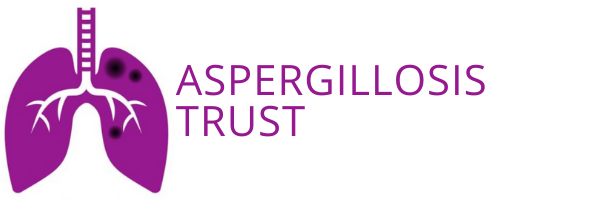Grief in a Chronic Disease Diagnosis
First we might need to define what Grief is.. We use the word grief but what is our understanding of it. I think that definition & understanding changes as we experience more of life’s difficulties. One of the definitions that is used is “A tangled web of emotions”. Anger, sorrow, disappointment, tears, frustration, lost of identity, mood swings, confusion, depression, resignation. The list is almost endless and it is not in any neat order or timeframe progression.
Another factor in our consideration is Guilt, some of which is generated by our acceptance and adherence to what have become “social norms”. There seems to be a denial of the inevitability of death & deterioration of our physical bodies. So when these factors become very evident in our daily lives we want & expect to be able to fix it and avoid the consequences. When this doesn’t happen, we grieve &/or feel guilty that we can’t meet those expectations
So we need to “Process our Grief” but again; what does that phrase mean. For every individual, it will take different forms because every situation is unique to that individual. the relationships involved, the extent of the disease and how it manifests, how it progresses. How we view life. Processing our Grief requires the difficult discipline of looking at what our core beliefs on life are, what are the losses and shifting those concepts from a head knowledge to a heart acceptance as well as adjusting to practical implications & changes. All of which will take time, and energy. Is exhausting. Having a Support Group who have walked the path before you is a huge help. Reading articles about your condition and how to manage. Talking with a friend. Journaling the process is also useful as you can look back and see progress and things that you were going to try to do but haven’t yet eventuated. All these activities will help us come to terms with our Chronic Disease.
Another factor that comes into dealing with a Chronic Illness is the nature of the condition and its perceived significance in society. Before I got the Aspergillosis diagnosis, we were told that it was Lung Cancer. When that changed to Aspergillosis my daughter (Palliative Care Physician ) said that the Cancer diagnosis would have been easier. The reason for this is that Cancer is a socially understood condition, there are extensive supports in place, major fundraising and awareness and people rally around. There is a clear pathway towards treatment and expectations. (Similarly with Heart Disease & one or two other well funded conditions). Lung conditions on the other hand have a stigma that you haven’t looked after your lungs, therefore you are to blame and/or it just means you don’t breath very well but it can be managed and doesn’t have a huge impact on your life. Think about how the Anti Smoking Campaigns are presented. Chronic lung conditions also have a higher prevalence where living conditions are poor and I see that as influencing how much time and resources can be put into awareness campaigns and research.
Thank you to NAC with the National Aspergillosis Support & Aspergillosis Trust Support for reliable information, Guidlines, research developments and patient stories
Alison Heckler

